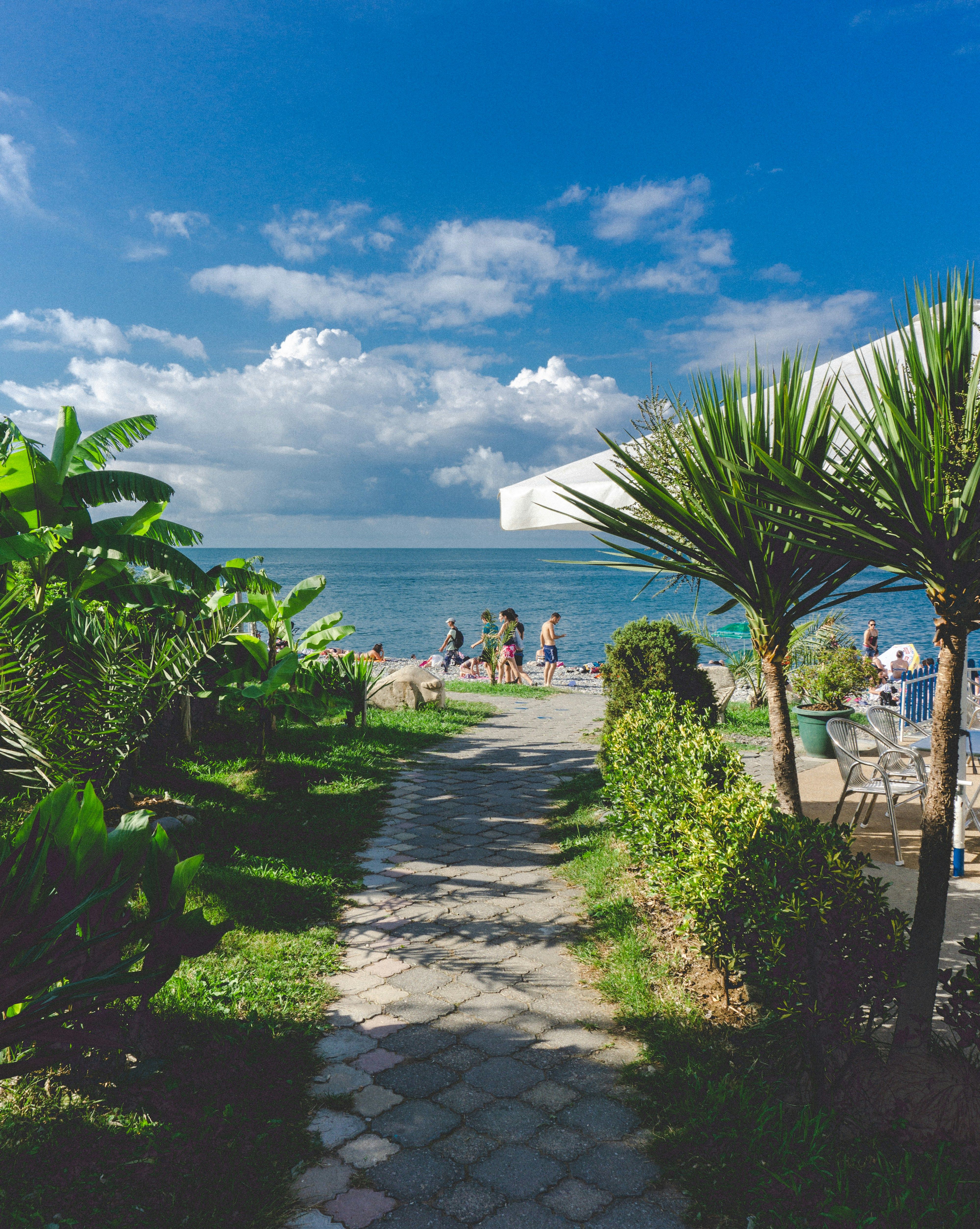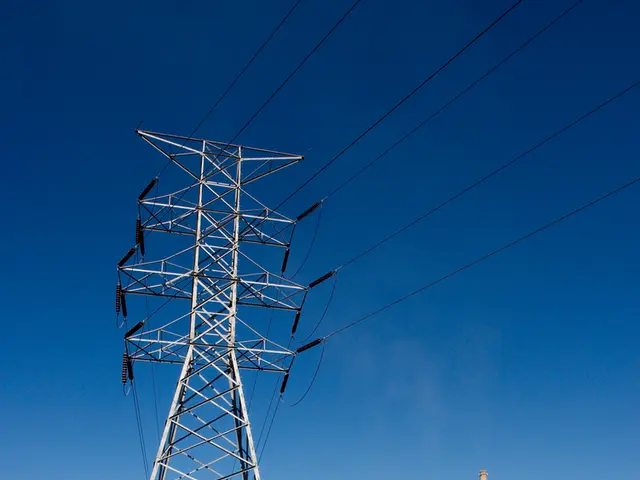Increased Funding Proposed by Green Party for Educational Institutions, Preschools, and Housing Sector - More Funding Proposed for Schools, Kites, and Housing Projects
Financial Proposals for Bavarian Infrastructure
In an effort to optimize the distribution of funds from the new nationwide infrastructure package, the Green party in Bavaria suggests the allocation of resources for improvements in schools, kindergartens, affordable housing, and public transportation. The €14 billion earmarked for a decade, according to Green parliamentary group leader Katharina Schulze, represents a significant opportunity for substantial investment in the state.
Schulze maintains that the funds should be used to address the pressing need for renovations and new construction in early childhood facilities and educational establishments. Emphasizing the importance of fostering creativity and innovation, she champions larger communal areas, school kitchens, and dining halls that foster a sense of community within these institutions. Additionally, Schulze advocates for buildings that are better equipped to confront the effects of climate change, including green roofs, facades, and shade areas, as well as energy production via photovoltaic systems.
The Greens further propose investing €3 billion in sustainable and eco-friendly housing initiatives, which could yield the development of up to 17,000 subsidized apartments. Another €2 billion is earmarked for climate-adaptive urban development projects, such as cool, green public spaces, shaded playgrounds, and drinking fountains.
Schulze insists that these earmarked funds must strictly be used for infrastructure projects, with no misappropriation allowed. The Green party will keep close tabs on Minister President Markus Söder (CSU) to guarantee the proper allocation of resources.
The Special Infrastructure Fund, amounting to €500 billion for large-scale infrastructure projects across Germany, comprises one-fifth dedicated to mitigating climate change in anticipation of Germany's 2045 goal for greenhouse gas neutrality. This stipulation was a key demand of the Green party during coalition negotiations.
The infrastructure investment proposals from the Greens encompass initiatives promoting climate neutrality, including upgrades and expansion in public transportation, energy-efficient housing construction, and adaptations to mitigate climate risks. These initiatives align with the Greens' platform, focusing on sustainable urban development and decarbonization.
Specifically for Bavaria, the Greens aim to invest in public-sector infrastructure vital to social equity and climate goals, such as schools and kindergartens designed with energy efficiency and climate resilience in mind, affordable housing addressing existing social needs while minimizing emissions, and enhanced public transportation infrastructure to encourage sustainable mobility. The initiative will also encompass adaptations to address climate challenges in the region, such as resilient infrastructure resistant to climate impacts.
It is essential to note that while no specific Bavarian project listings are provided in the search results, the overall framework and priorities advocated for by the Greens offer clear guidance on the target sectors and aims for proposed projects.
In the context of Bavarian infrastructure, the Green party proposes allocating funds for vocational training centers focused on environmental-science and education-and-self-development, contributing to the pupils' understanding of climate change and the development of effective solutions. Furthermore, the Greens suggest integrating renewable energy principles, such as solar panels, into these vocational training centers, promoting science and sustainability within the learning environment.







